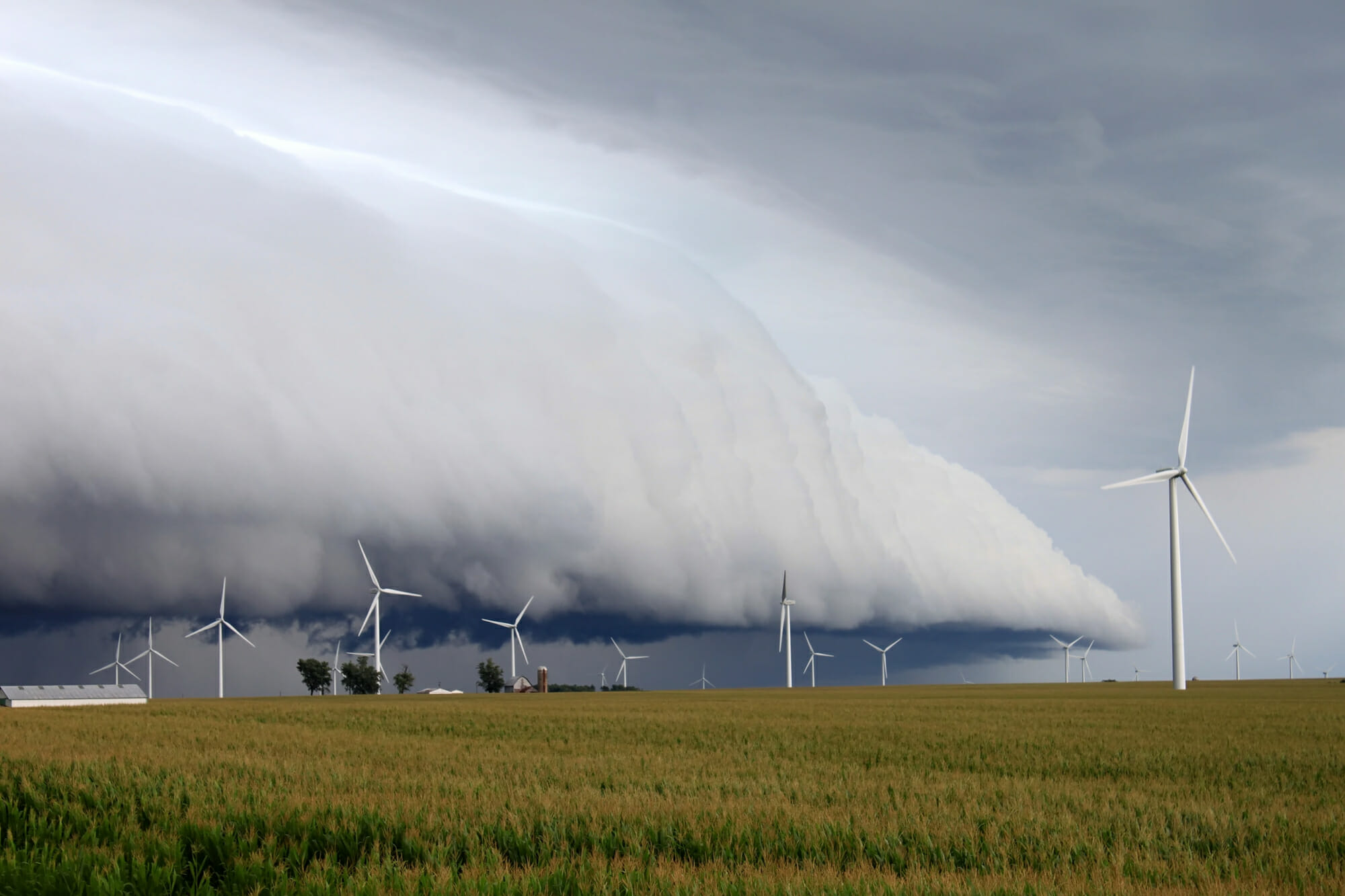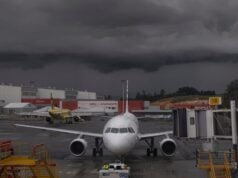 Meriden, Connecticut is home. My time with Expressjet goes back to the ATR-42 in 1999. I served as both a first officer and captain. My degree, a BS in Business Management, is from Southern Connecticut State University. I am a current (non-active) CFI/MEI. Over the years, I have served as an FAA FastTeam rep and in that capacity have spoken to fellow pilots on various topics.
Meriden, Connecticut is home. My time with Expressjet goes back to the ATR-42 in 1999. I served as both a first officer and captain. My degree, a BS in Business Management, is from Southern Connecticut State University. I am a current (non-active) CFI/MEI. Over the years, I have served as an FAA FastTeam rep and in that capacity have spoken to fellow pilots on various topics.
Mid-career, I diversified into volunteer firefighting where I achieved NFPA Firefighter I and II certifications as well as EMT. I served the South Meriden Fire Department as a firefighter for seven years. A general aviation airport was in my department’s jurisdiction, so I conducted aircraft and airport familiarization courses for my department, as well as for others.
Finally, I was a contributing editor for Aviation Fire Journal (a publication for firefighters who specialize in crash and rescue). In that capacity, I spoke at firefighters’ conferences on the subject of aircraft rescue and firefighting.
Normally, I am the one doing the “Welcome aboard.” In this case however, I am being welcomed and I thank you. It is my pleasure to be able to write for Aero Crew News. Thanks to a four-hour sit in Newark not too long ago, I met Craig, the publisher, so here I am. See, four-hour sits can be productive after all!
Given the title, it should be no great mystery what I’ll be writing about in this column. That in mind, I would like to proclaim non-expert status when it comes to weather (and everything else for that matter). I do not have a degree in meteorology. My knowledge of weather comes primarily from my training as a pilot. Oh boy!
What I’ve come to learn about weather is how little I know about it, and how little I think we know as pilots. To know more (and to really make a difference in our daily efforts) requires a great deal of personal devotion to learn and study more. What I hope to share with you in this column is what I’ve learned through more than 20 years of flying and through my own personal studies. My goal is to show how this extra effort and knowledge apply to better decision making. In simpler terms, I intend to discuss a range of weather phenomena, and provide some really cool vocabulary words that you can throw around at the pub to impress that certain patron!
To me, nature often puts on a huge blockbuster film in the form of weather. And more often than not, we play leading roles in this production. I think it best to know our part. Don’t forget the popcorn!
In my future contributions to Aero Crew News, I hope to shed some light on how you can make decisions in relation to a range of weather occurrences, phenomena and events. My aim, always and throughout, is safety. If I have the impact that I want, you might remember my words when you fly and either change or re-enforce what you opt to do on future flights.
With this notion of safety in mind – a safe flight does not always equate to completing your mission. My goal in writing will be to describe weather scenarios and situations that we sometimes encounter which maybe we shouldn’t have had to face in the first place!
What I’d like to do for my first contribution to Aero Crew News is to hold off on the vocabulary words until my next column and describe a couple of common “ailments” within our community when it comes to weather. After we start talking weather terms, you’ll find that these ailments (i.e. bad attitudes) can be the culprit for you having to work much harder than you’re paid to do, and possibly scaring a few people in the process. So, without further ado:
Ailment 1 – Why check the weather? We’re going anyway. – Exactly! This is a favorite of mine. Hearing this statement makes me want to book a seat on this pilot’s flight! Not!
Treatment
– One thing is sure – you are likely going to go. Don’t you think it would be in everyone’s interest, starting with your own, to know what you’re getting into and how you can get out of it? Checking the weather is the basic element to finding its “ins and outs.” If you apply the effort to know the elements, it could reward you invaluably. Instead of being the fifth to complain about the ride, be the one giving a smooth ride. This could be you, if you check the weather.
Having a thorough knowledge of the weather and its exceptional features will go a long way in forming your mental model. A good mental model leads to better decisions. Better decisions lead to greater levels of safety. By the way first officers, if you solely rely on your captains to check the weather and they don’t, guess what? Point made.
CHECK THE WEATHER!
Ailment 2 – Dispatch put me right in the weather.
Did they? I cannot remember the last time Dispatch put me through a line of weather. They, along with ATC, might have filed me that way, but I am the one in the driver’s seat. If Dispatch put me in a line of weather, that’s one powerful dispatcher! Dispatchers are not Greek Gods! I am the one who put me (and everyone else) there.
Treatment – You have the ability to start on a good foot by calling dispatch and letting them know, you’d prefer another route. While the dispatchers haven’t always been pleased when I call them on this matter, they’ve always assisted me towards achieving what I have needed, namely another route or another option. If I don’t make the effort to do this, it’s on me.
In closing, better knowledge of the weather and how this aids in our decision making is my personal goal as a pilot. It is also my goal to share this endeavor with all of you as I share what I’ve learned about Mother Nature. ACN













































































I like it, good insight. I will enjoy reading your column.